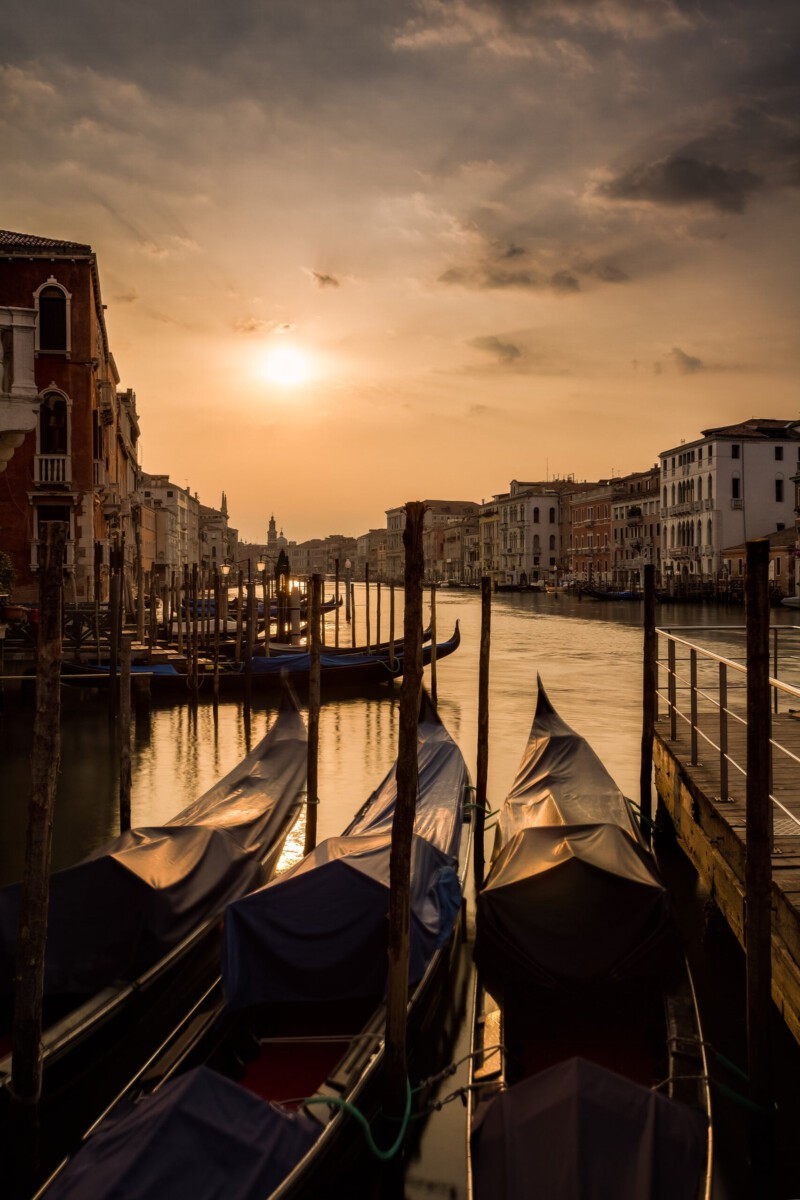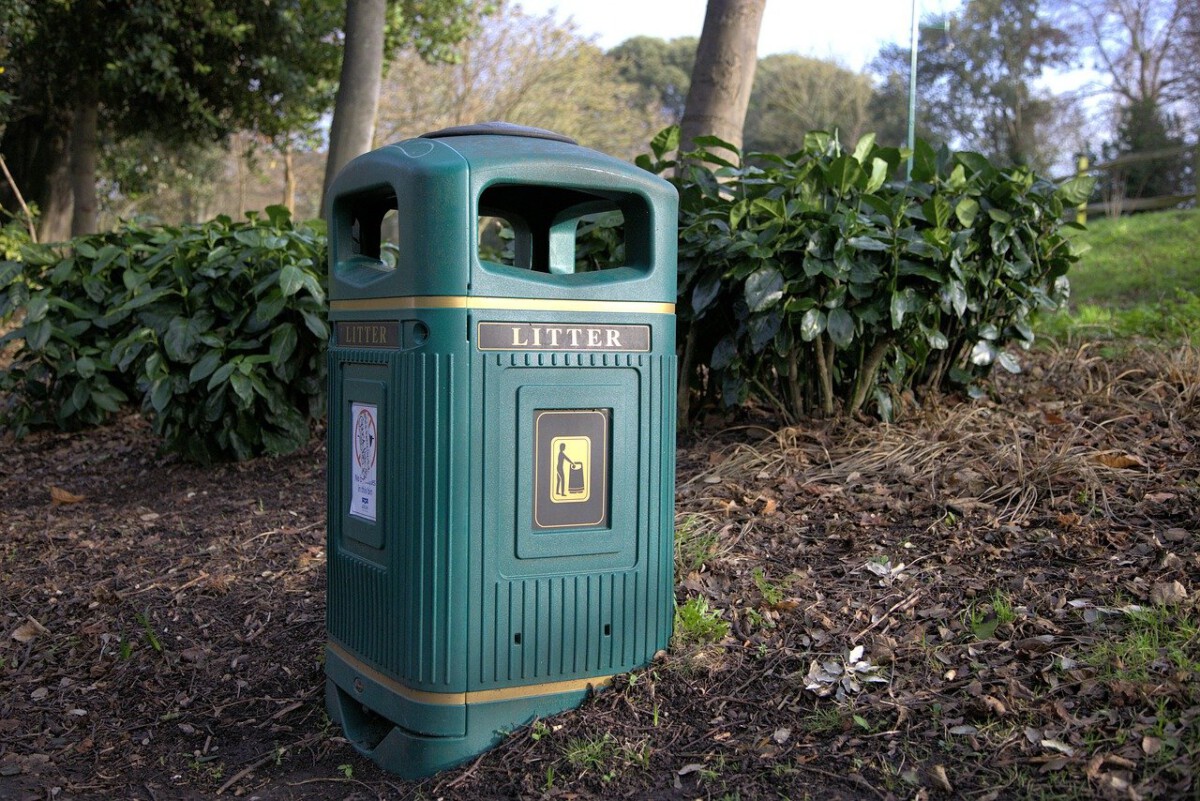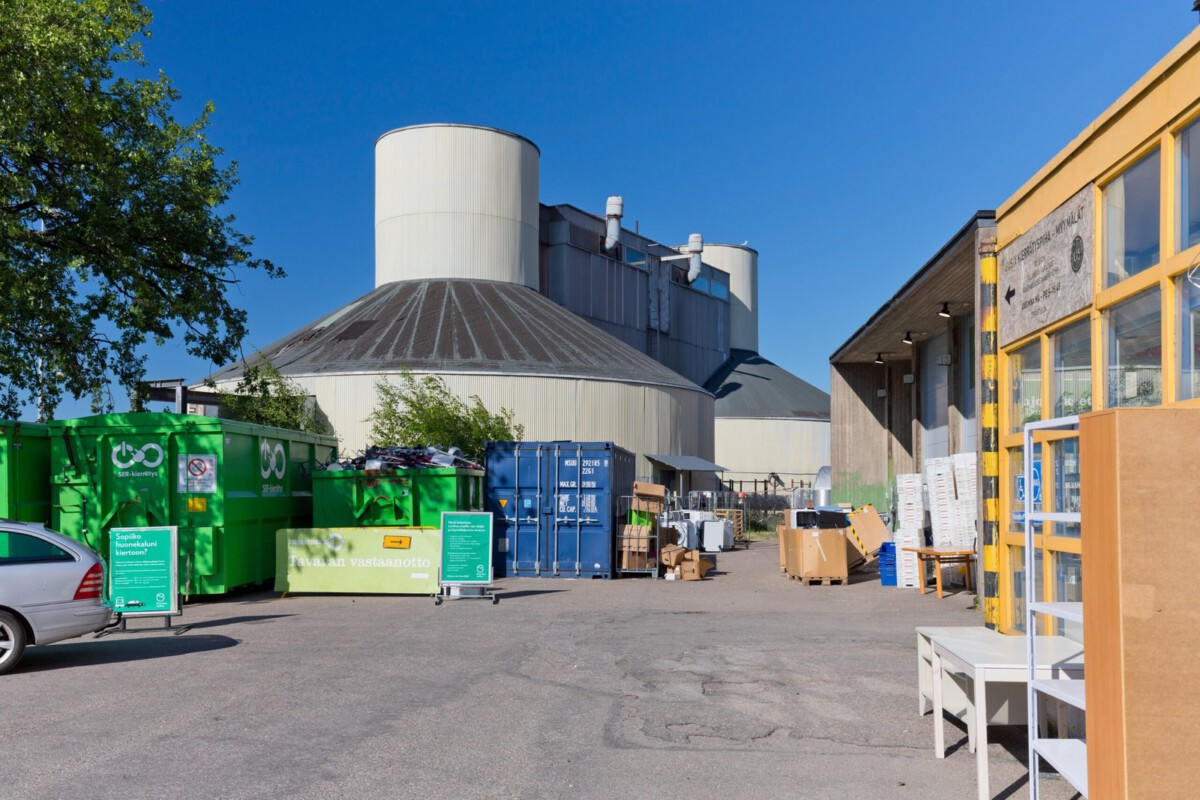The Surprising Rise of Ancestry Tourism

Imagine walking the same cobblestone streets your great-grandparents once did, breathing in the scents, sights, and sounds that shaped their lives. This is the heart of ancestry tourism—a rapidly growing travel trend where people journey across the globe to explore the roots hidden within their DNA. The Travel Industry Association found that nearly 30% of travelers are now interested in heritage trips, a figure that has shocked even veteran travel experts. This surge is not just a passing fad; it reflects a deep, emotional yearning to understand our origins and answer questions about who we truly are. Each year, more people are packing their bags not for beaches or landmarks, but for a powerful quest to find themselves through their family’s past. This movement is more than just tourism; it’s a personal odyssey that can change lives and perspectives.
DNA Testing: The Passport to Your Past

Before boarding a plane or booking a heritage tour, millions are swabbing their cheeks or spitting into tubes. DNA testing companies like AncestryDNA and 23andMe have made it easier than ever to uncover ancestral secrets. The National Human Genome Research Institute reported that, as of 2021, over 26 million people had taken these tests for ancestry purposes. The results often reveal surprising ethnic mixes or unknown relatives, sparking journeys across oceans and continents. It’s not just about finding a map of your genetic makeup—it’s about using that map as a literal travel itinerary. Many people are stunned to discover connections to places they never expected, and these discoveries drive real, emotional travel decisions. DNA tests have become the first step in a journey that is both scientific and deeply personal.
Global Hotspots for Heritage Seekers

Certain countries have become magnets for ancestry tourists, with Ireland, Italy, and Poland standing out as favorites. The Irish government recorded a dramatic 25% increase in American visitors in 2022, many of whom were on a mission to uncover Irish roots. Italy’s winding village roads and Poland’s historic towns are equally popular among those seeking their family origins. These destinations offer more than just beautiful scenery—they provide access to records, local experts, and welcoming communities eager to share their traditions. For many visitors, stepping into an ancestral village is like stepping back in time, an experience that can be both exhilarating and overwhelming. Some towns even host special heritage festivals or guest days for returning descendants, making the experience more immersive and meaningful.
Technology’s Transformative Power in Genealogy

In the past, tracing your family tree meant poring over dusty books in dimly lit archives. Today, technology has completely transformed this search. Online platforms like FamilySearch and MyHeritage offer vast archives of digital records at the click of a button. According to research published in the Journal of Genetic Genealogy, about 70% of genealogists now rely on these digital tools. These platforms can connect people with long-lost relatives, decode complex family trees, and even help translate foreign documents. The convenience and speed of online research have made heritage travel accessible to many who once found it daunting. For those embarking on ancestry tourism, technology is as essential as a passport—it opens doors and solves mysteries that might have remained hidden forever.
Cultural Immersion: More Than Just Sightseeing

Ancestry tourism is not a spectator sport. Travelers often find themselves swept up in the local culture, participating in everything from traditional dances to family-style meals. Tour companies specializing in heritage travel, like “Heritage Tours,” design trips that go far beyond basic sightseeing. Their Italy trips, for example, might include cooking with local grandmothers, visiting ancestral homes, or even joining in on village festivals. These experiences create lasting memories and foster a genuine connection to the past. For many, it’s a chance to live, taste, and feel the traditions that once shaped their ancestors’ daily lives. The laughter shared over a homemade meal or the tears shed at a family graveyard often become the emotional highlights of the journey.
The Emotional Rollercoaster of Rediscovering Roots

Few travel experiences provoke the kind of raw emotion that ancestry tourism can. When people visit the towns or villages their forebears left behind, it’s common to feel a powerful sense of belonging—or sometimes bittersweet loss. A University of California study revealed that 80% of people who traveled to their ancestral homeland reported a deeper sense of identity afterward. Some even described the journey as life-changing or healing. Stories abound of people breaking down in tears at the sight of a family home or feeling a strange sense of déjà vu in a foreign land. These emotional moments are often what travelers remember most, creating bonds not only with places but also with the family members who came before them.
Obstacles and Surprises in the Search for Ancestry

Despite all the excitement, ancestry tourism is not without challenges. Many travelers run into frustrating hurdles such as incomplete or destroyed records, especially in countries affected by war or natural disaster. Language barriers can make it hard to access local archives or communicate with distant relatives. The Genealogical Society of America reported that 60% of genealogists face difficulties in obtaining reliable information. Some are surprised to find that their family stories don’t quite match the historical records, leading to unexpected twists and revelations. Others must navigate sensitive topics, such as adoption or family secrets. Despite these obstacles, the determination to uncover the truth often drives travelers to keep searching, sometimes enlisting the help of local historians or translators.
The High-Tech Future of Ancestry Travel

The world of ancestry tourism is evolving at breakneck speed. Experts predict that future trips will become even more personalized, with itineraries tailored to specific family histories. Virtual reality technology is also entering the scene, allowing travelers to experience ancestral locations in immersive new ways before they even leave home. A 2023 World Travel and Tourism Council report projects that the ancestry tourism sector could reach a staggering $10 billion by 2025. This growth is fueled by both advances in DNA science and the increasing desire for meaningful, transformative travel experiences. As technology and travel merge, the possibilities for exploring our past are expanding in ways our ancestors could never have imagined.
Ethical Questions and the Responsibility of Travelers

The boom in ancestry tourism has not been without controversy. Some scholars and activists worry about the commercialization of cultural heritage, raising concerns that popular tourist destinations may lose their authenticity. The Journal of Tourism Research points out that, in some cases, local traditions are adapted or even staged for visitors, risking the dilution of genuine cultural practices. There’s also the question of privacy and consent when it comes to DNA sharing and family records. Responsible ancestry tourists are encouraged to respect local customs, support ethical tour operators, and remain sensitive to the communities they visit. The balance between personal discovery and cultural preservation is delicate but crucial.
Personal Stories: When the Past Meets the Present

Every ancestry tourist has a story to tell. Some return home with nothing more than a few photographs and a sense of closure. Others form lasting relationships with newfound relatives, or even decide to relocate to their ancestral homeland. There are tales of people who, after decades of searching, finally stood on the land their ancestors farmed or found long-lost family members living just a few miles apart. These stories are as diverse as the travelers themselves but share a common thread: the transformative power of connecting with one’s roots. For many, the journey is not just about the past—it’s about forging a new sense of self for the future.
Why the World Is Embracing Ancestry Tourism

Ancestry tourism is more than a travel trend; it’s a global movement that speaks to our deepest need for belonging and understanding. By following the trails left by our ancestors, we gain insights into history, culture, and ourselves. The statistics, the emotional stories, and the rapid growth of this industry all point to a simple truth: people everywhere are hungry to know where they come from. With technology making it easier than ever to connect our DNA to places and people, the journey into our past has never been more accessible—or more powerful.




